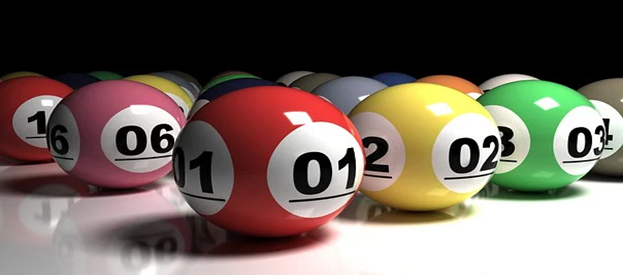Some people think of poker as a game of skill, while others see it as a game of chance. While there are some elements of skill involved in poker, the game actually relies on a combination of both skills and luck. Players are rewarded according to their abilities to use their cards and the luck that comes their way.
Game of skill
The question of whether poker is a game of skill or chance has been hotly debated in recent years. While most state courts have found that gambling is illegal when there is a risk of loss, the federal government has found that poker is a game of skill. The IGBA requires that an individual operate a gambling business for at least 30 days and employ at least five people. Additionally, they must earn $2,000 or more per day.
One study concluded that poker is a game of skill in nearly seventy-five percent of the hands. This was based on the fact that more than seventy-five percent of poker hands are won by a player who bets, and all other players either fold or call. In addition, a player with a bad hand can use the skills of his or her opponent to bluff the other player into believing that he has a higher hand than he actually does.
While it is true that poker is a game of skill, the element of chance plays a small role in the average hand. In poker, balancing bluffs and knowing what ranges you are representing are the key to winning. This requires extensive research and analysis. For example, Ingo Fiedler and Jan-Philipp Rock studied more than fifty thousand players online.
The question of whether poker is a game of skill has been argued in several cases. While the majority of courts have ruled that poker is a gambling game, some have held that it is not. In such cases, the term “game of skill” refers to the level of skill and its presence.
A number of studies have shown that poker is primarily a game of skill. The Cigital study, in particular, provides strong support for the skill-based argument. The study supports this position from both players and hands perspectives. Furthermore, it shows that poker is a game of skill if the game is played correctly.
Game of chance
If you love playing games of chance, you may want to try poker. This game is one of the easiest to learn and can be played with a relatively low budget. There are nuances to learning this game, but in general, it’s not difficult and can be quite fun once you get the hang of it.
The outcome of a game of chance is decided by randomizing devices, but you can influence the outcome by wagering. There are some games of chance that require a lot of luck, and some require skill. This article will discuss some of the advantages and disadvantages of playing poker. A game of chance can be fun to play and can even make a person rich.
Poker is a game of chance, but you can learn to control your risks by using a variety of strategies. The key is to be disciplined and consistent when playing poker. There are many strategies you can use, and many of them apply to other games as well. One of these strategies is to keep an eye on your time, and to be consistent and disciplined.
Despite the fact that poker is a game of chance, it enjoys great popularity among large sections of society. It is a legal game of chance in most countries, yet available research suggests that skill plays a significant role in this game. However, the research conducted on poker is limited by serious methodological problems and a lack of reliable information.
The best poker players have won at least one game. But losing with the best hand can happen often. In fact, it can happen several times in a row. This is similar to flipping a coin 1000 times and having your hand get a different result each time. This can mess with your confidence, especially if you’ve been playing poker for years.







Facebook Comments